Bel isi PNG progress since opening
Femili PNG, a local PNG NGO established in Lae since 2014 has been providing case management services to survivors of family and sexual violence (FSV). Femili PNG works closely with service providers like the police, courts, welfare, hospitals and relevant stakeholders to help FSV survivors, specifically those who are subject to intimate partner violence, sexual violence, child abuse, and sorcery-accusation related violence get the help they need.
With the formation of the Bel isi PNG initiative in August 2018, Femili PNG took up the role as the operator of the Bel isi PNG Case Management Centre and Safe house in Port Moresby. Since then, we have assisted 1,320 women, children and men survivors. Over 350 of our clients have successfully obtained interim protection orders from the courts, and a further 180 clients received permanent protection orders which provide protection up to two years. We are also proud to have helped 780 survivors and their children to find safe accommodation these, 412 were safely housed at the Bel Isi Safe House.
We have provided over 16,500 distinct services and over 15,500 consultations to survivors. These consultations are vital to client success as they empower the client to work with the caseworker to understand the options available and which ones are best for them. On average, every client has 10 follow up consultations with us.
The Bel isi PNG initiative has been able to provide support to employees of subscribing businesses, as well as survivors from the public. Since 2018, the Bel isi PNG Case Management Centre has assisted 303 employees of subscribing businesses. Of these, 94 were provided safe accommodation at Bel Isi Safe House, and 77 were assisted with obtaining an interim protection order.
Femili PNG acknowledges the support of the Australian Government in partnership with the PNG Government, the key stakeholders in the private and public sector, and other agencies working towards addressing FSV in the country. Through partnership and collaborative efforts, we continue to achieve positive outcomes.
Below is the story of a client from one of Bel isi PNG’s subscribers who was assisted through the Case Management Centre. The *name and identifying details of the client has been changed to protect the client’s identity:
*Shay described her husband as a good man who then became abusive. After she got help, Shay saw her husband change to become a better husband and father. She said, ‘’it has been a journey for us. Now, if there’s a disagreement between us, either one of us takes a walk, and then we solve it before we go to bed.’’
Before Shay started experiencing abuse, she described her husband as a good and loving person who would show her off to the world. She always felt a sense of assurance whenever he would tell her that she was the answer to his prayers. She was loved and safe.
Things started to change after Shay moved in to live with her husband after their children were born. Shay was subjected to ongoing physical, emotional, verbal and sexual abuse by her partner. Shay was drained emotionally and mentally. She said, ‘’I often thought to myself, he liked me and took me as his wife, and why is he treating me like I’m his enemy.’’ The ongoing abuse from her partner affected her children and her state of mind at work.
With help from her employer, Shay was referred to the Bel isi PNG Case Management Centre (operated by Femili PNG). A caseworker provided the support she needed and assisted her with obtaining an Interim Protection Order (IPO), which was successfully converted to a Permanent Protection Order. Upon intake, she was considered high risk and was provided safe accommodation. In the process of helping her, the welfare office facilitated mediation between Shay and her husband.
After the hearing of the Protection Order, Shay’s husband realised the abuse he caused her and admitted to Shay that he wanted to fix things. The couple went through a month of counselling and realised that they needed to work on their communication and respect for each other. They attended a marriage seminar facilitated by the Boroko Baptist Church which was also helpful for them.
Shay said that after getting the Protection Order, she has seen her partner change and try to be a better husband and father. She said that their children are happier now than before. She added, ‘’he communicates well with our children, and they also communicate well with him.’’
Shay expressed that it can be challenging sometimes, but they both continue to work on their marriage and look at the best interest of their family. This has shown that Family Protection Orders can be effective in changing the perpetrator’s behaviour for the best interest of the family.
